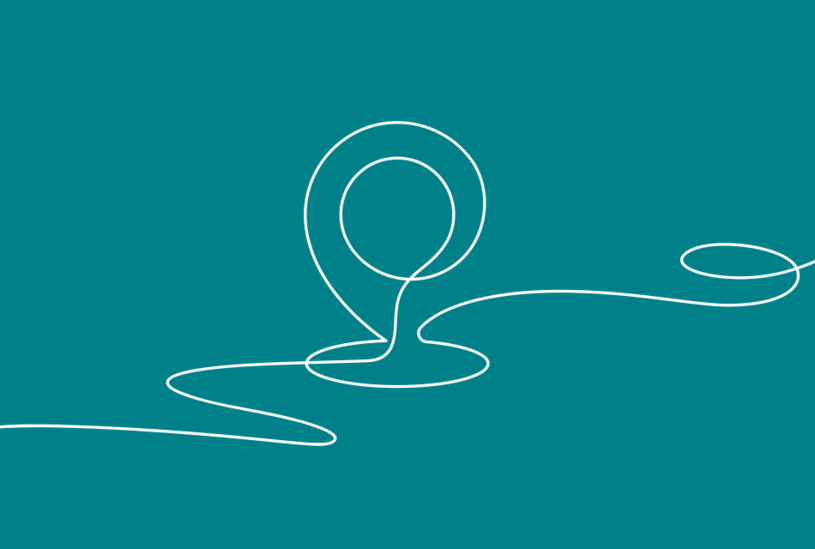My goal for fellowship was to be trained in a clinically robust program combined with good mentorship. At MUSC, I had just that experience. I was able to work closely with attendings who have a strong focus on clinical medicine, education and research in equal parts. As I move to the next phase of my career, I feel confident that I have received a well-rounded education.
Faculty
Faculty- Academy of Medical Educators arrow_forward
- AnMed Faculty arrow_forward
- Appointment, Promotion & Tenure arrow_forward
- Associate Deans arrow_forward
- Educator Resources arrow_forward
- Faculty Council arrow_forward
- Faculty Development Roundtables arrow_forward
- Late Career Transitions arrow_forward
- Mentoring Plans arrow_forward
- New Faculty Orientation arrow_forward
- Researcher Resources arrow_forward
- South Carolina AHEC Appointment & Promotion arrow_forward
- Teaching Opportunities arrow_forward
Who We Are
Who We Are- Academic Leadership arrow_forward
- Centers & Institutes arrow_forward
- Facts & Figures arrow_forward
- A New Building arrow_forward
- News & Events arrow_forward
- Office of Assessment, Evaluation & Quality Improvement arrow_forward
- Our History arrow_forward
- Pathways & Engagement arrow_forward
- Contact Us arrow_forward



